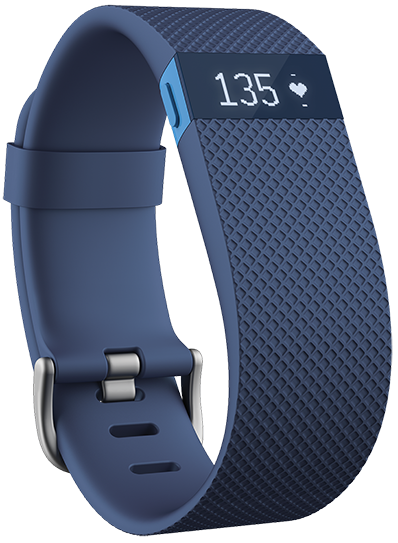 In addition to the many device launches, several digital health companies use CES (formerly known as the Consumer Electronic Show) in Las Vegas as an opportunity to announce updates and major partnerships and collaborations. Read on for the biggest non-launch health news from the show.
In addition to the many device launches, several digital health companies use CES (formerly known as the Consumer Electronic Show) in Las Vegas as an opportunity to announce updates and major partnerships and collaborations. Read on for the biggest non-launch health news from the show.
Lots of news from Fitbit
Wearable giant Fitbit announced a number of partnerships as well as updates to its app at CES. First, UnitedHealthcare announced that its wellness program Motion will soon offer participants the ability to use Fitbit’s Charge 2 to track activity metrics via a customized integration with Motion’s Frequency, Intensity and Tenacity (F.I.T.) program. Using the device, participants can track progress on their daily goals and earn financial incentives that can be applied towards their healthcare plan.
The company then announced three more integrations: Habit, the Campbell’s Soup-backed personalized nutrition startup that uses data from genetic tests and individual’s health and fitness goals to create tailored diet and exercise plans, will now incorporate Fitbit biometric data for each user’s plan. Indoor bicycle maker Peloton, which offers on-demand, virtual cycling classes with professional instructors available through an app (which also captures fitness metrics, workout history and offers the opportunity for competition and group classes), can now sync ride metrics directly to the Fitbit app to help riders see how cycling fits into their overall fitness goals. And Gaming company VirZoom is integrating Fitbit with its virtual reality workout – wherein users ride the company’s stationary bike with a VR headset to travel through race tracks, battlegrounds, countryside scenes in the forms of a racecar driver, tank commander or Pegasus as they pedal. Each workout will be logged in the Fitbit app as an exercise.
Finally, Fitbit also launched a new version of its Fitstar personal trainer app and new community and goal setting features to its regular app.
Samsung launches $150M fund
Samsung NEXT, the tech company’s investment arm, launched a new $150M fund to support early stage startups pursuing advanced software and services innovation. While the fund isn’t health-specific, it’s certainly open to investing in health companies, and in fact Samsung NEXT has already invested in digital health company BioBeats. It also recently opened up an office in Tel Aviv, a hotbed for digital health innovation.
LifeQ partners with Garmin, Analog, and Medibio
LifeQ, a new digital health company that uses computer simulations and continuous monitoring to study biological processes, also announced several partnerships at CES. The company partnered with Garmin to launch a joint digital health solution, partnered with Analog Devices to create new, more accurate wearable devices, and partnered with Medibio to deliver mental wellness diagnostic and management solutions to users via insurance and corporate programs.
“[CES is] a huge opportunity to stand beside global brands and talk about our vision as a company and how much of an impact we can make. We want to change the way people think about their health, and this new development is finally allowing us to do that,” Executive Founder of LifeQ Dr. Riaan Conradie said in a statement. “We can now deliver incredible insights to people about their bodies, potentially even predicting a heart attack. CES speakers are watched by millions of people so it is a fantastic launch platform for us and a great place to engage with potential partners.”
Quell adds some new features
Neurometrix, which makes the FDA-cleared pain relief wearable Quell, announced several new features for the device. Users can now calibrate their devices using the app, customize their therapy dosage, and track multiple health dimensions including pain, activity and gait. The update also adds more battery life.
Data from large sleep study published
SleepScore Labs, a joint venture announced this week between ResMed, Dr. Mehmet Oz and Pegasus Capital Advisors, LP, published data from 20,000 people who both participated in a survey and used ResMed’s S+ device to track their sleep. Some highlights: 79 percent of people get less than the recommended seven hours of sleep, women sleep longer on average (6 hours, 9 minutes per night vs 5 hours, 45 minutes for men), and 50 percent of respondents reported regularly using a mix of two or more sleep aids per night, such as prescription medications, over-the-counter sleeping pills, or herbal remedies/food supplements for sleep. See more data here.
Digital health is back behind the wheel
Health economist and Health Populi blogger Jane Sarasohn-Kahn has a nice write-up on the newest concepts for digital health built into smart cars, a perennial CES idea that has yet to manifest in a meaningful way. Concepts included a stress-sensing car from Hyundai, a research project between Philips and Mercedes-Benz, and a report from Nissan that included the health benefits of autonomous cars.













